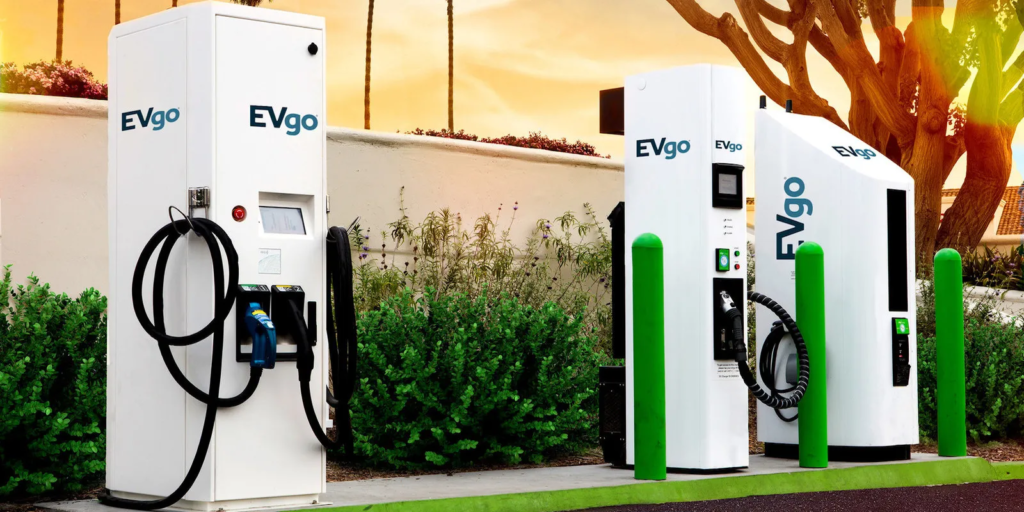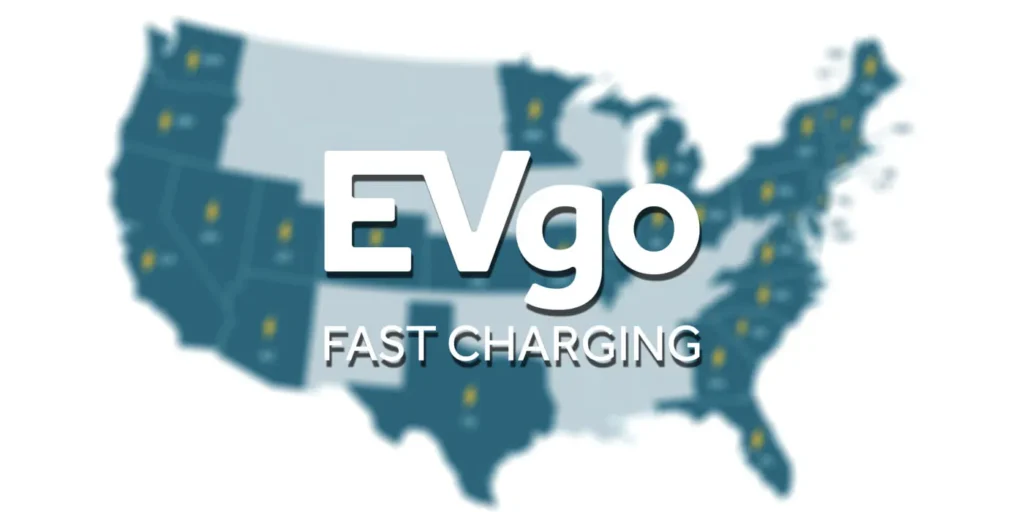Electric vehicles (EV) adoption has been on the upward thrust in recent years, driven by environmental concerns and advancements in technology. As more people make the switch to electric cars, the demand for accessible and affordable electric cars charging stations has grown exponentially. To meet this demand and provide greater transparency in pricing, EVgo, one of the leading EV charging networks in the United States, has made a significant move.
The Current State of EV Charging
Before diving into EVgo’s pricing version transition, it’s essential to apprehend the prevailing panorama of EV charging inside the United States. Historically, charging for electric powered motors has regularly been done on a according-to-minute basis, which may cause confusion and unpredictability for customers. Additionally, charging fees can range broadly depending on the area, operator, and the extent of the charging station (Level 2 or DC rapid charger).
This lack of consistency in pricing models and fees has been a hurdle for EV adoption, with potential customers worried about hidden fees and surprising costs. The transition to a kWh pricing model addresses these worries by way of imparting a more obvious and standardized manner of billing for electric car charging.
EVgo’s Bold Move
Recognizing the need for an extra user-friendly and transparent pricing system, EVgo has taken a bold step by transitioning to a kWh pricing version within the US, in which it is legally allowed. This flow aligns with the corporation’s commitment to creating electric powered car charging greater accessible and cheap for all.
The kWh pricing model costs customers based totally on the amount of electricity fed on, similar to how we pay for electricity domestically. This shift promises several blessings for EVgo clients:
Transparency: With kWh pricing, users can without difficulty calculate the price of charging primarily based on their automobile’s electricity intake, imparting more transparency and predictability.
Fairness: The new version guarantees that customers pay for the actual power they devour, doing away with the uncertainty related to in keeping with-minute billing.
Incentive for Efficiency: kWh pricing encourages customers to rate greater correctly, as they’re billed entirely primarily based on the power they consume. This should force greater responsible charging behavior and reduce usual energy consumption.
Consistency: EVgo’s adoption of the kWh pricing version creates a more regular charging experience, as users can expect similar billing systems throughout one-of-a-kind charging stations and places in the community.

Legal Considerations
It’s essential to observe that the transition to kWh pricing is concerned with felony and regulatory approval in various states and regions. EVgo is committed to complying with local laws and policies, ensuring a smooth transition in which possible.
The Impact on Electric Vehicles Adoption
EVgo’s transition to a kWh pricing version has the capacity to noticeably affect the adoption of electrical vehicles in the United States. Here are a few key approaches this pass can gain both modern-day and prospective EV proprietors:
Cost Predictability: With kWh pricing, EV owners can better estimate their charging prices, making electric powered automobiles extra economically possible in comparison to conventional gasoline-powered cars.
Simplified Billing: The shift to a consistent pricing version simplifies the billing system for customers, decreasing confusion and frustration.
Consumer Confidence: Transparent pricing builds trust among clients, making them more confident in their decision to switch to electric powered motors.
Environmental Benefits: As extra humans transition to electric powered automobiles, the discount in greenhouse gas emissions from the transportation quarter can contribute to a cleanser surroundings.
Market Growth: A more obvious and user-friendly charging enjoy can spur further increase in the EV market, attracting extra automakers, investors, and customers to the enterprise.
EVgo’s Vision for the Future
EVgo’s transition to kWh pricing isn’t pretty much the present; it is a step towards shaping the future of electrical vehicle charging in the United States. By offering an obvious and consumer-centric charging experience, the organization aims to boost up the transition to electric mobility and contribute to a sustainable, low-carbon destiny.
Conclusion
EVgo’s circulate to adopt a kilowatt-hour (kWh) pricing model in the course of america, wherein legally allowed, represents a widespread breakthrough in the evolution of electrical car charging. This transition promises greater transparency, predictability, and fairness for top electric vehicles users, ultimately driving extended adoption of electrical cars.
As the electric car enterprise continues to develop, innovations like kWh pricing models will play a pivotal role in shaping the charging infrastructure and supporting the transition to a extra sustainable and green transportation machine. EVgo’s commitment to making EV charging accessible and low cost displays the broader enterprise’s determination to a greener future.
